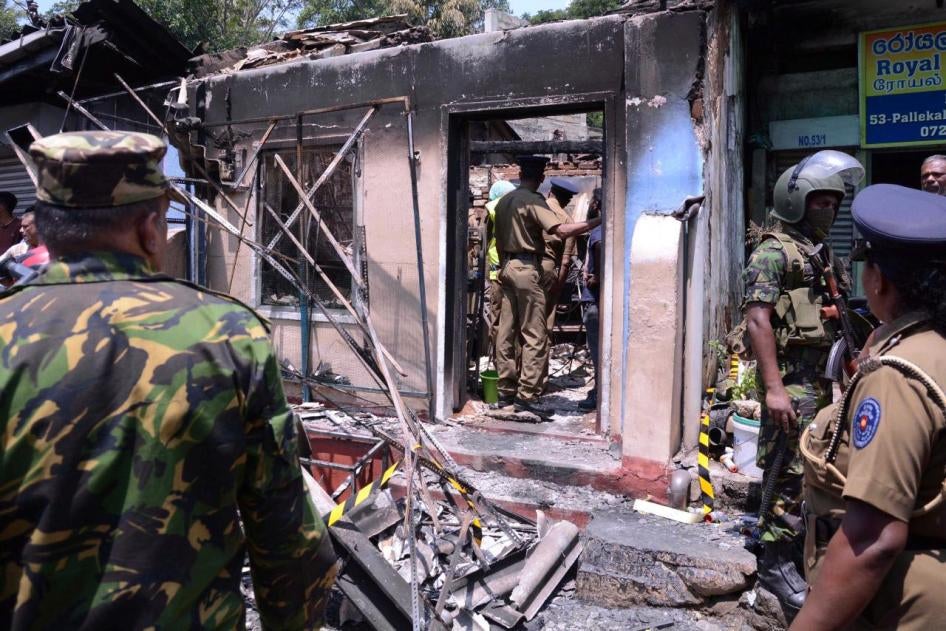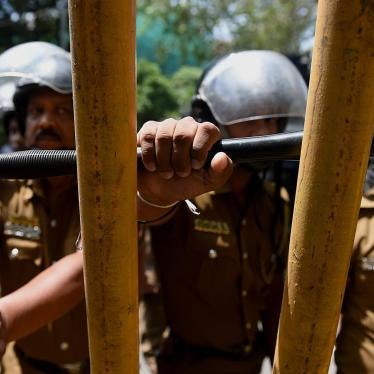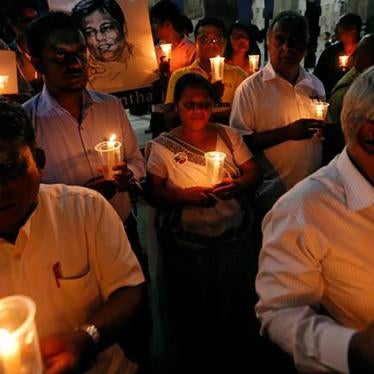Nine years after the end of its three-decade civil war, Sri Lanka is stalled on delivering its pledges of justice and reconciliation. While the absence of justice and political reforms may rankle Sri Lanka’s minority Tamil and Muslim communities, the government’s inaction has also sent a message to the majority Sinhalese that they need not worry about being reined in by the authorities.
On March 6, after local altercations burst into anti-Muslim riots, the government announced a 10-day nationwide state of emergency, later shutting down social media access across the country. The last state of emergency was lifted in 2011.
In recent years Sri Lanka has witnessed a spate of anti-Muslim violence linked to ultra-nationalist Sinhalese Buddhist groups. The current wave began late February in the eastern district of Ampara. On March 3, anti-Muslim riots broke out in the central Kandy district, which resulted in at least two deaths. Observers reported that two mosques and dozens of homes, small businesses, and vehicles were destroyed. And the violence may be spreading.
Prime Minister Ranil Wickremesinghe said the violence in Kandy “appeared to be systemic and organized” and pledged to take stern action. The government doubtlessly hopes that declaring an emergency – which will permit security forces to be deployed in restive areas and conduct searches and arrests without warrant – will send a message of resolve to contain the violence. But the government also needs to address the systemic cause of these interethnic riots and attacks. This means delivering on the promises made including at the United Nations Human Rights Council to address enforced disappearances, expedite land returns, and bring justice and redress to victims on all sides, including the often-forgotten Muslim minority.
It’s crucial that the government’s expanded emergency powers not facilitate abuses by security forces, and that the state of emergency not be extended unnecessarily. The government should also order an independent investigation into the violence and hold those responsible – even those belonging to influential Buddhist sects or with loyalties to powerful political leaders – to account.
The government needs to protect the human rights of all ethnic groups to ensure that the ugly communal violence that presaged Sri Lanka’s long civil war does not return.









